Positioning Knowledge as the Pillar for Nation-Building and Global Peace
Uzbekistan is home to remarkable research and knowledge institutions that actively engage with the global academic community. These institutions have extended invitations to international partners to benefit from their heritage, expertise and contributions to the expansion and generation of knowledge. Their commitment to nation-building, anchored in substantial tradition, values, and a vision to share these with the world is evident in consistent collaborative programmes with international agencies and institutions.
Within Uzbekistan, this dedication is clearly reflected in the advancement of the education sector, the strengthening of research endeavours, and the preservation of a rich tradition of religious scholarship. Together, these pursuits demonstrate a forward-looking nation determined to nurture both intellectual excellence and moral grounding, for the benefit of its people and the wider world.
The resurgence of Uzbekistan as a forward-looking and cohesive society rests firmly on its recognition of knowledge as the primary pillar of nation-building. In the vision of “New Uzbekistan,” renewal is fundamentally educational, spiritual, and intellectual. Every transformation carried out is rooted in the needs and aspirations of the people and is oriented towards a future shaped by enlightenment, tolerance, and development. This is important to ensure that the progress is substantiated on relevant knowledge, anchored on local culture and tied to the rich heritage of the country.
At the heart of Uzbekistan's reform agenda lies the principle that knowledge is the cornerstone of a strong, prosperous, and resilient state. In a world affected by ideological extremism, cultural fragmentation, and geopolitical uncertainty, the country has responded with reform policies centered around the dignity of the individual and the elevation of intellectual and spiritual capital.
Reforms in the religious and educational sectors illustrate this alignment between knowledge and progress. With deep respect for its Islamic heritage, Uzbekistan has initiated a careful, methodical process of re-educating the nation, especially the youth, about the true essence of Islam: a religion rooted in wisdom, science, peace, and human virtue.
Uzbekistan’s updated Constitution and legal framework provide the structural backbone to uphold freedom of conscience and protect religious rights. The revised Law on Freedom of Conscience and Religious Organizations, along with more than 50 legislative acts, ensures a legal environment where educational and religious institutions can thrive without fear or coercion. These laws have been crafted with an understanding that long-term harmony can only be achieved when policy respects the people's historical experience and cultural identity. Rather than importing ready-made models, Uzbekistan’s reforms are homegrown, reflecting national priorities while learning from global best practices.
Uzbekistan’s vision of “Enlightenment Against Ignorance” has gained international recognition. The fight against radical ideologies cannot be won through force alone. Uzbekistan has recognized that intellectual empowerment and inclusive education are the most effective tools in protecting vulnerable groups, particularly the youth, from ideological manipulation. Uzbekistan’s embrace of its glorious intellectual history, Movarounnahr as the birthplace of algebra, medicine, astronomy, and theology, is more than national pride. It is a strategic blueprint for the future. By reinvigorating the legacies of Ibn Sina, Al-Biruni, Al-Khwarizmi, Imam Bukhari, and others, the country seeks to inspire a new renaissance grounded in science, ethics, and spiritual wisdom, for the local and international community.
This shows that Uzbekistan’ commitment to knowledge is not confined to Uzbekistan alone. Through scholarly exchanges, translations of classical works, and multinational academic forums, Uzbekistan is positioning itself as a beacon of Islamic knowledge and reform in the modern world. The Government of Uzbekistan has established several strategic institutions to serve not only academic functions but also play a strategic role in shaping public consciousness, countering extremism, and promoting moral literacy. Uzbekistan has reinvigorated its intellectual legacy by investing in advanced centers of learning, which include:
- The International Islamic Academy of Uzbekistan, a hub for training specialists in Islamic studies.
- The Hadith Science School, which revives the intellectual traditions of legendary scholars like Imam Bukhari and Imam Termizi.
- The Mir Arab Higher Madrasa and Imam Termizi International Research Center, which reconnect scholars with historical centers of learning.
- The Imam Maturidi International Research Center, restoring and disseminating Islamic theological classics.
- The Imam Bukhari and Imam Maturidi International Research Centers, deepening the study of Islamic scholarship and disseminating the moral and intellectual heritage of Islam.
Uzbekistan’s example makes one truth abundantly clear: no nation can thrive without rooting its development in knowledge, ethics, and education. By safeguarding its youth, modernizing its institutions, preserving its religious values, and promoting global scholarly cooperation, Uzbekistan is crafting a national identity built not on fear or repression, but on enlightenment, dignity, and informed progress. In doing so, Uzbekistan is not just rebuilding a country it is reigniting a civilization.
About the author:
Shukran Abd Rahman is a Professor of Industrial and Organisational Psychology at the Department of Psychology, AbdulHamid AbuSulayman Kulliyyah of Islamic Revealed Knowledge and Human Sciences, International Islamic University Malaysia. He is currently a Fellow Researcher at the Imam Bukhari International Scientific Research Center in Samarkand, Uzbekistan.
Dr. Shahzod Islamov serves as Deputy Director of the Imam Maturidi International Scientific Research Center under the Cabinet of Ministers of the Republic of Uzbekistan, where he advances scholarly studies on Maturidi theology and promotes harmony through rigorous academic research anchored in Islamic tradition.
Disclaimer
The views expressed in this article are the author’s own and do not necessarily mirror Islamonweb’s editorial stance.

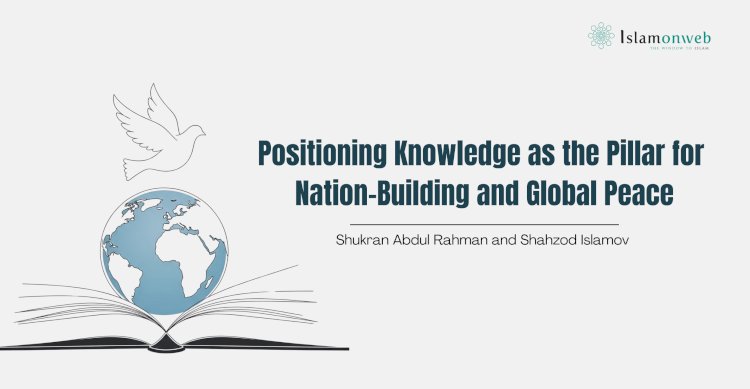


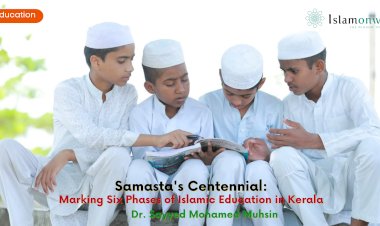
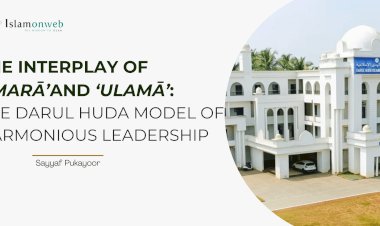
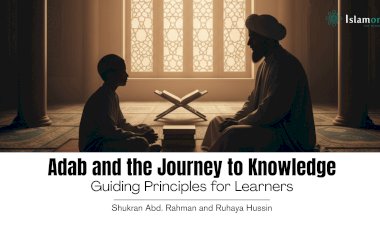
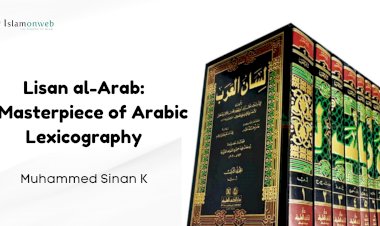
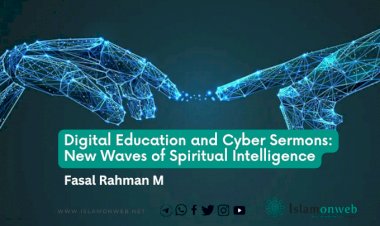
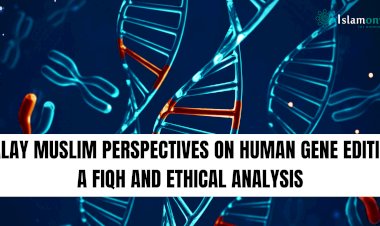














Leave A Comment